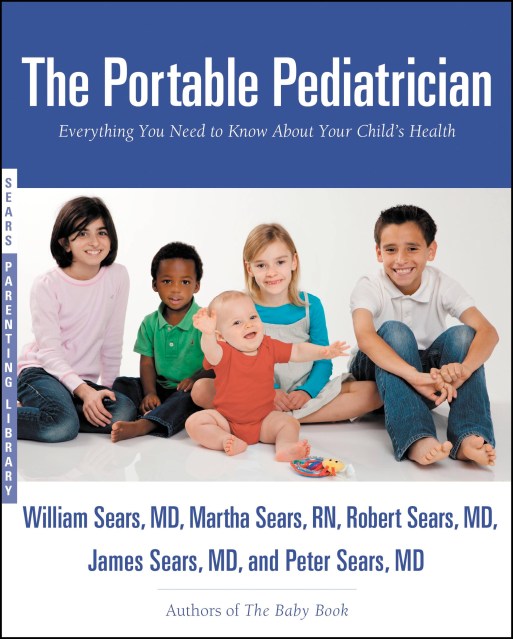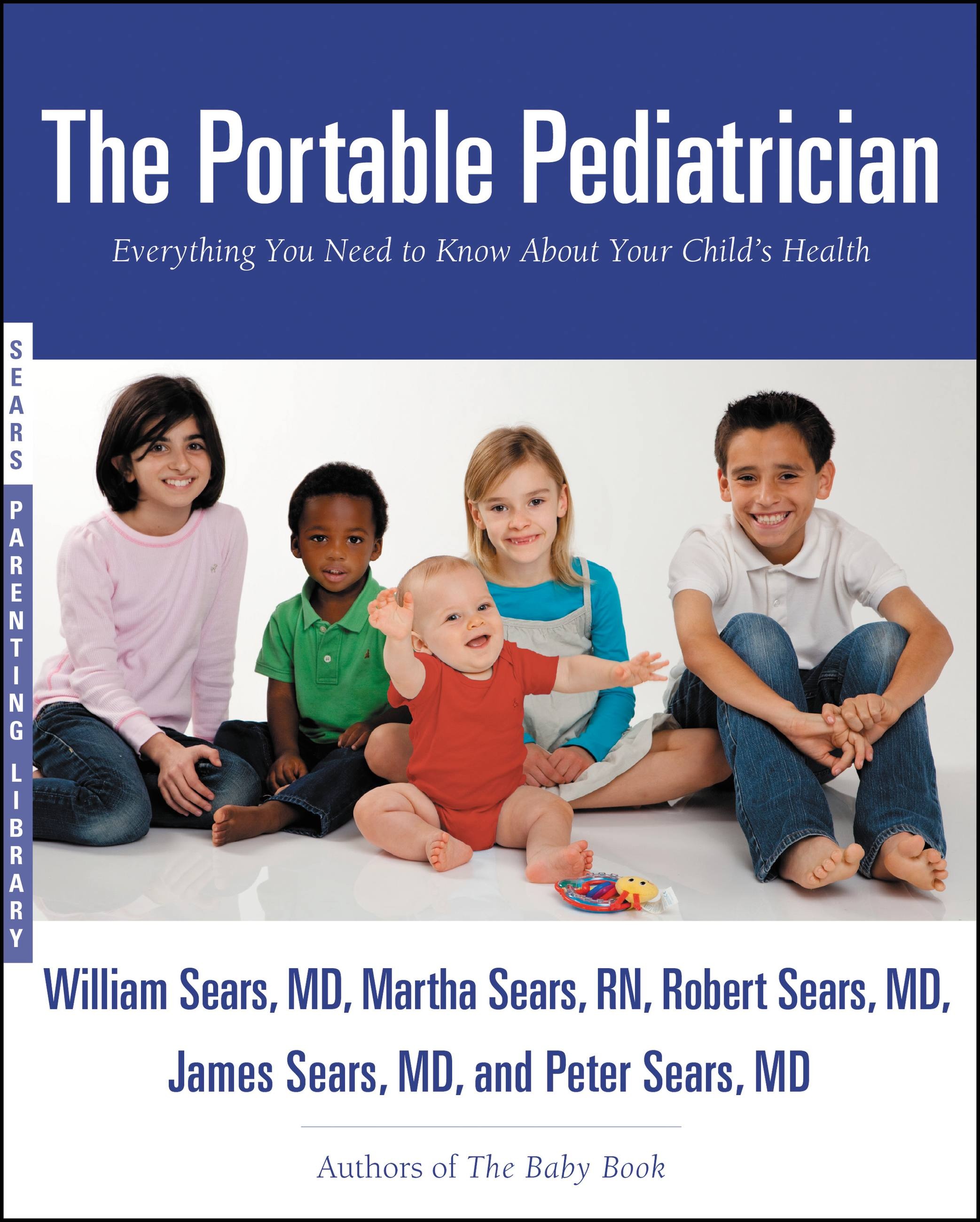Promotion
Shop now and save 20% on your back-to-school purchases & get free shipping on orders $45+ Use code: SCHOOL24
The Portable Pediatrician
Everything You Need to Know About Your Child's Health
Contributors
By Peter Sears, MD
Formats and Prices
Price
$25.99Price
$33.99 CADFormat
Format:
- Trade Paperback $25.99 $33.99 CAD
- ebook $12.99 $16.99 CAD
This item is a preorder. Your payment method will be charged immediately, and the product is expected to ship on or around February 23, 2011. This date is subject to change due to shipping delays beyond our control.
Also available from:
The next time you're worried about your child’s health, experience the comfort of easily accessible advice from the experts with this comprehensive A-Z guide.
Imagine you are up at three o’clock in the morning with a sick child. Wouldn’t it be nice to have expert advice readily at hand to help you through the night? Encyclopedic in scope, The Portable Pediatrician features timely and practical information on every childhood illness and emergency, including when to call the doctor, what reassuring signs can help you know your child is okay, how to treat your child at home, and much more—all in a convenient A-to-Z format.
Among the scores of topics covered: teething; sprains and broken bones; nosebleeds; measles; ear infections; choking; rashes; colic; headaches; eating disorders; fever; hip pain; warts; allergies; obesity; seizures; autism; bronchitis; sunburns; pneumonia; speech delay; lice; vomiting; asthma; heart defects; blisters; sleep problems; and more.
The authors guide parents and caregivers from a child’s infancy through the teen years, teaching them what to expect at regular checkups as well as how to boost a child’s well-being, devise a family health plan, work effectively with their pediatrician, and more. Distinguished by the Searses’ trademark comprehensiveness, reliability, and accessible, comforting tone, this book is a must-have for all families who want to keep their children healthy and happy.
- On Sale
- Feb 23, 2011
- Page Count
- 592 pages
- Publisher
- Little Brown Spark
- ISBN-13
- 9780316017480
Newsletter Signup
By clicking ‘Sign Up,’ I acknowledge that I have read and agree to Hachette Book Group’s Privacy Policy and Terms of Use







